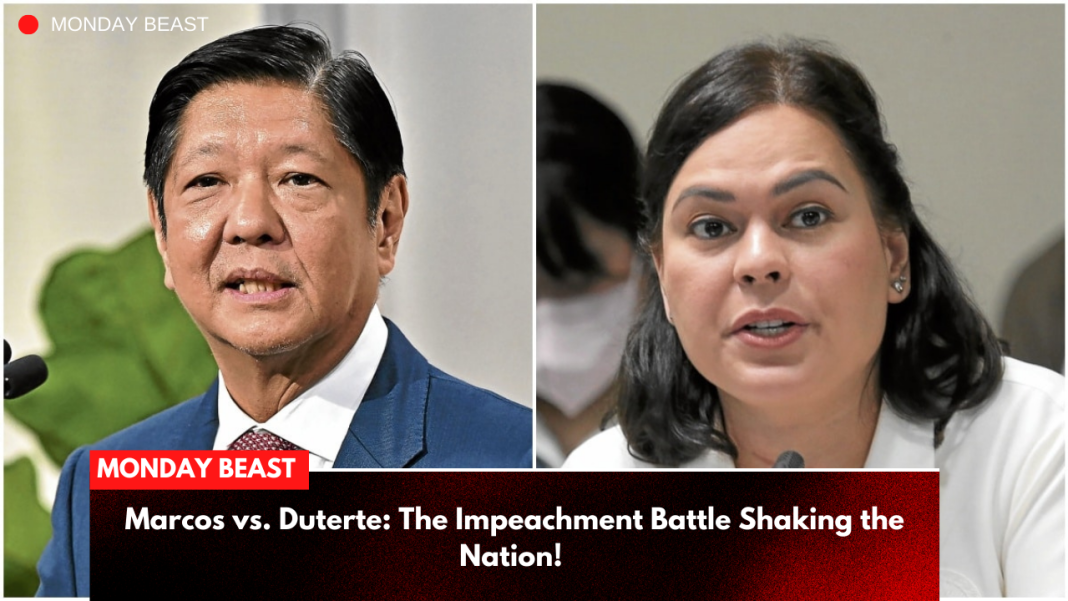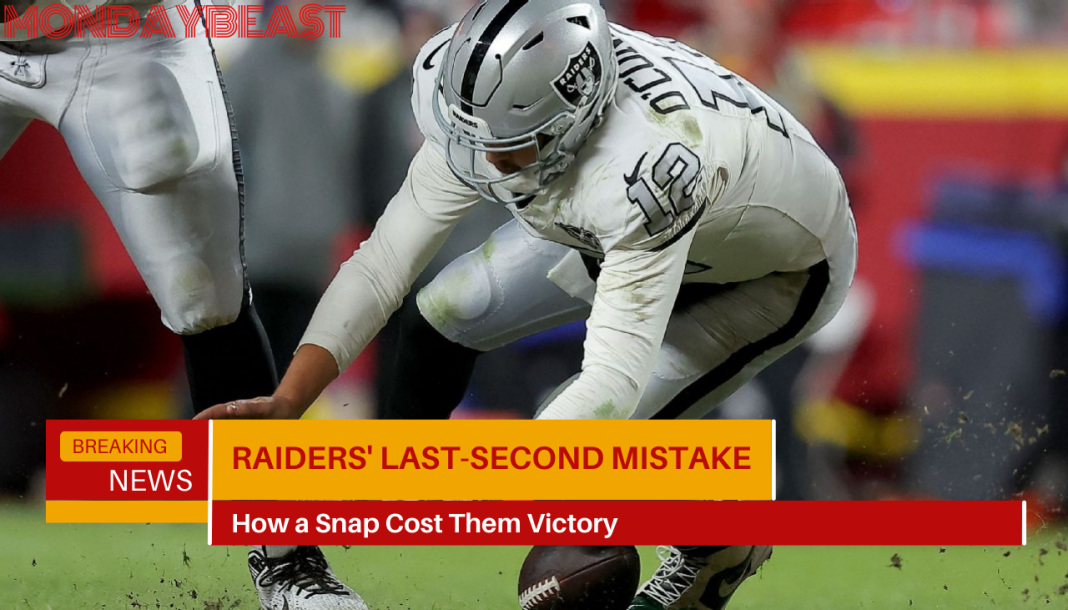The headline just keeps spinning. President Ferdinand Marcos Jr. took a strong stance against proposed impeachment moves aimed at Vice President Sara Duterte. His statement was clear: he told Congress not to go there. Leaked messages hint at growing tensions. Why would he act, you might wonder? It boils down to political strategy.
Many wonder if plunging into an impeachment process is really what the Philippines needs right now. Marcos said, “This is not important. This does not make a difference to even one single Filipino life.” He questioned the motives behind such a move.
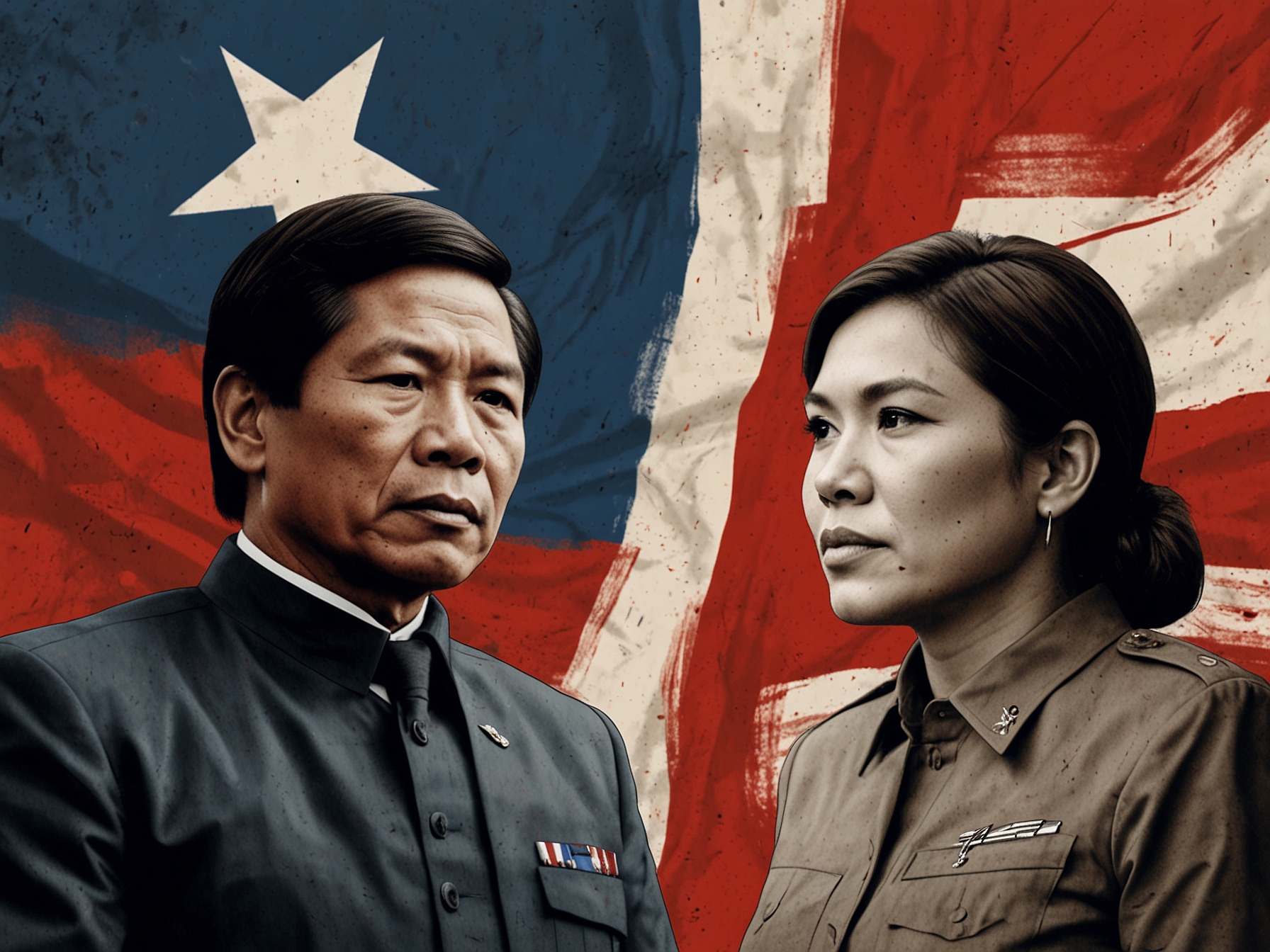
In a country facing numerous everyday struggles, there’s a palpable frustration with the political theater. Most Filipinos are asking, “What does this mean for me and my family?” They’re seeking answers in a time when basic needs often overshadow political conflicts.
An impeachment, in Marcos’ view, would only “tie down” both chambers of Congress. He expressed genuine concern that time spent on this issue is wasted. There are real problems on the ground requiring attention.
Then again, this feud isn’t just background noise. Recent remarks from Duterte included talk of violence. What’s truly happening behind the scenes is uncertain. Is this just a “storm in a teacup?” That’s how Marcos described it, but many feel differently.
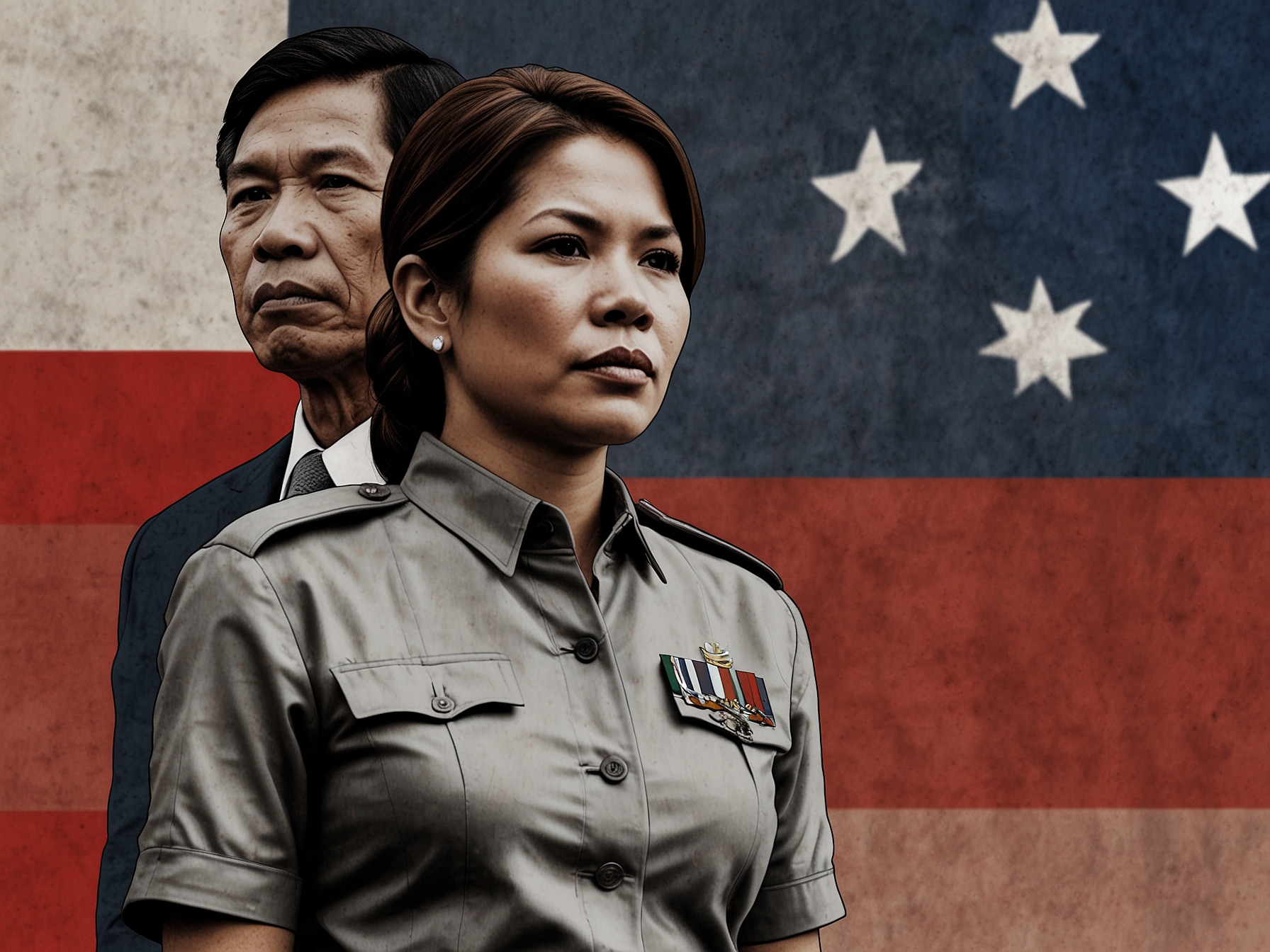
The situation remains tense. The political landscape is complex. It seems almost absurd to think the two once campaigned under the same banner of ‘UniTeam’ during the elections just last year. Unity feels like a distant memory now.
Duterte’s actions sparked outrage. Her comments, implying threats against Marcos, his family, and allies, sent shockwaves across political circles. The comments were alarming, to say the least.
Tension escalated further once Duterte left her position as education secretary. Did the departure signify a larger rift? Theories abound. Remember, political partnerships are often fragile, built on shifting sands.
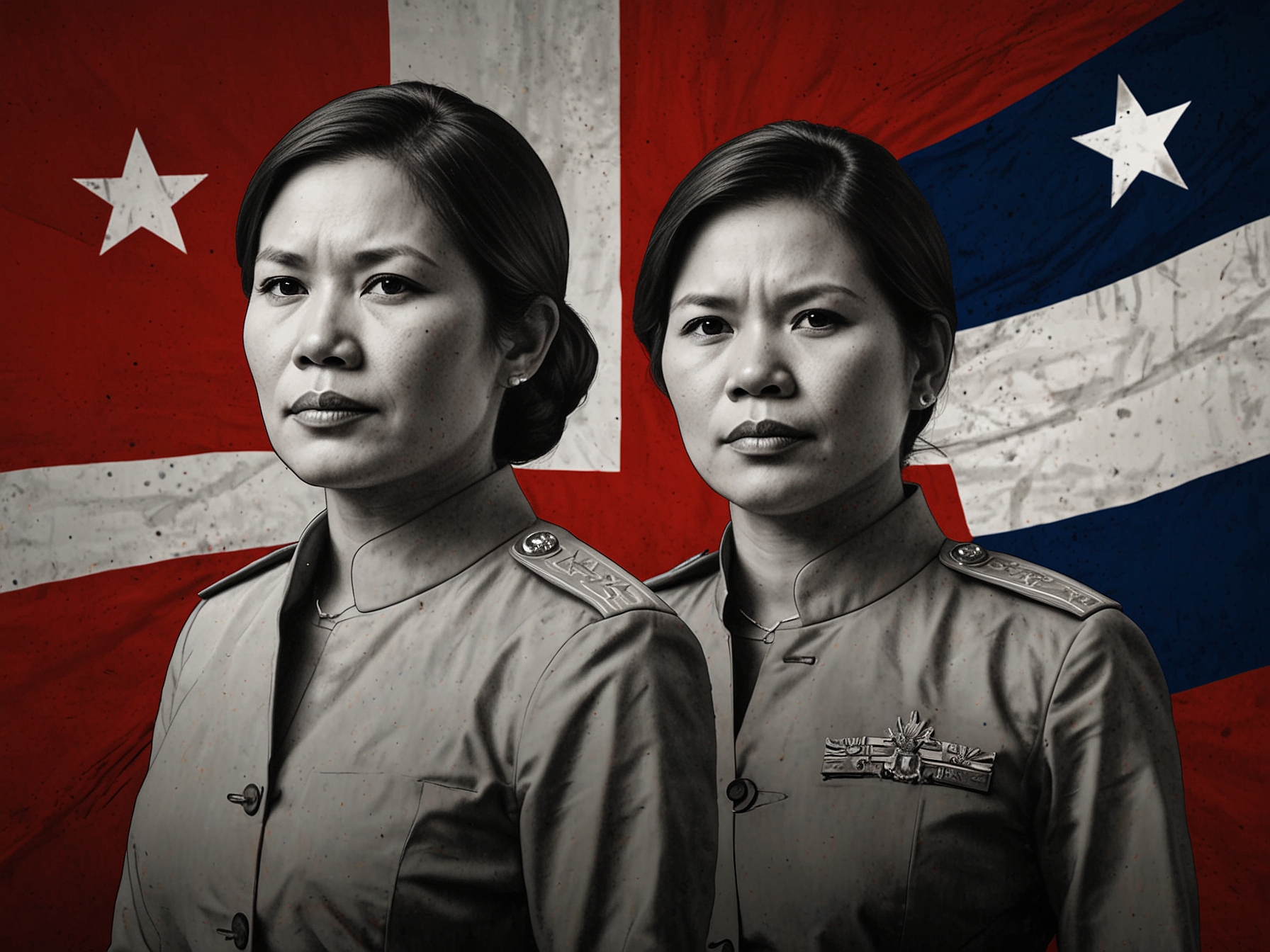
Now, investigations loom over Duterte due to her remarks. The Department of Justice is involved, probing potential threats. This investigation raises serious questions about accountability and governance in the Philippines.
Is it fair to keep such threats in the limelight? Many argue that the focus needs to shift back to the lives of ordinary Filipinos, who feel caught in the crossfire of this political drama.
Duterte contends that her statements are being misinterpreted. She claims they were taken out of context. To dismiss her comments as merely dramatic rhetoric seems too simplistic, though.
Marcos has echoed similar sentiments. He referred to ongoing conflicts as perplexing distractions. For the average citizen, this chaos may feel like nothing more than a disheartening cycle of familiar political bickering.
The key question emerges: will any of this make a real impact on daily life? Despite the theatrics, many remain unconvinced. Perceptions about politicians often hinge on promises unfulfilled.
In a nation struggling with economic challenges and social issues, the petty bickering of politicians comes across as tone-deaf. Time and again, leaders promise change. Yet too often, these promises fall flat.
If both sides cannot find common ground, how can Filipinos find trust in their leaders? Will this political squabble yield anything other than mere headlines?
At the end of the day, it feels like a desperate search for real solutions. As citizens watch the drama unfold, it is natural to feel both apprehensive and disillusioned.
Will this political theater ever change? Can the people’s voices cut through the noise? Or will it remain the same, simply reshuffling the players on a well-known stage?
For the moment, all eyes remain on the political landscape, where uncertainty reigns and trust hangs by a thread.

